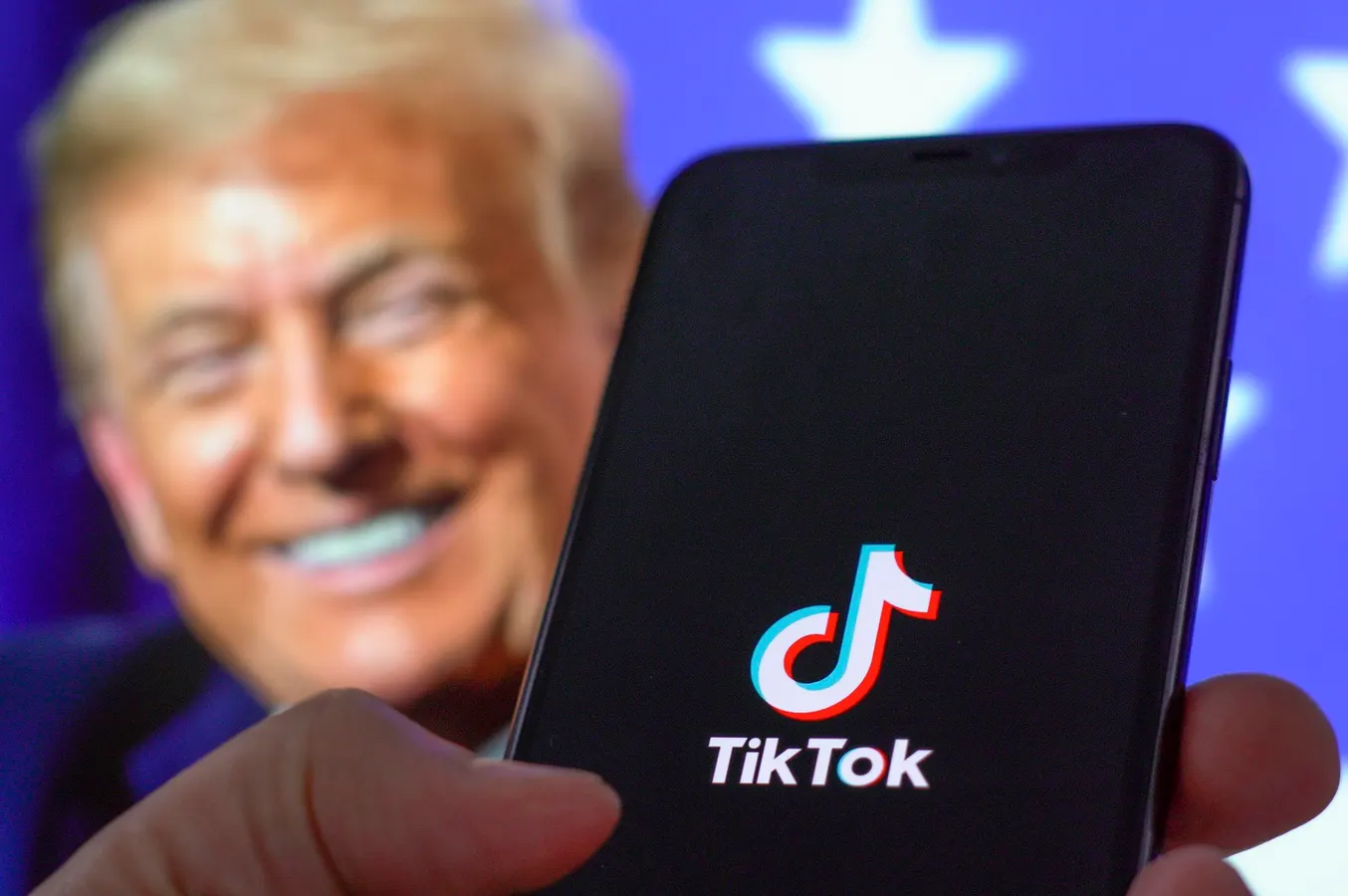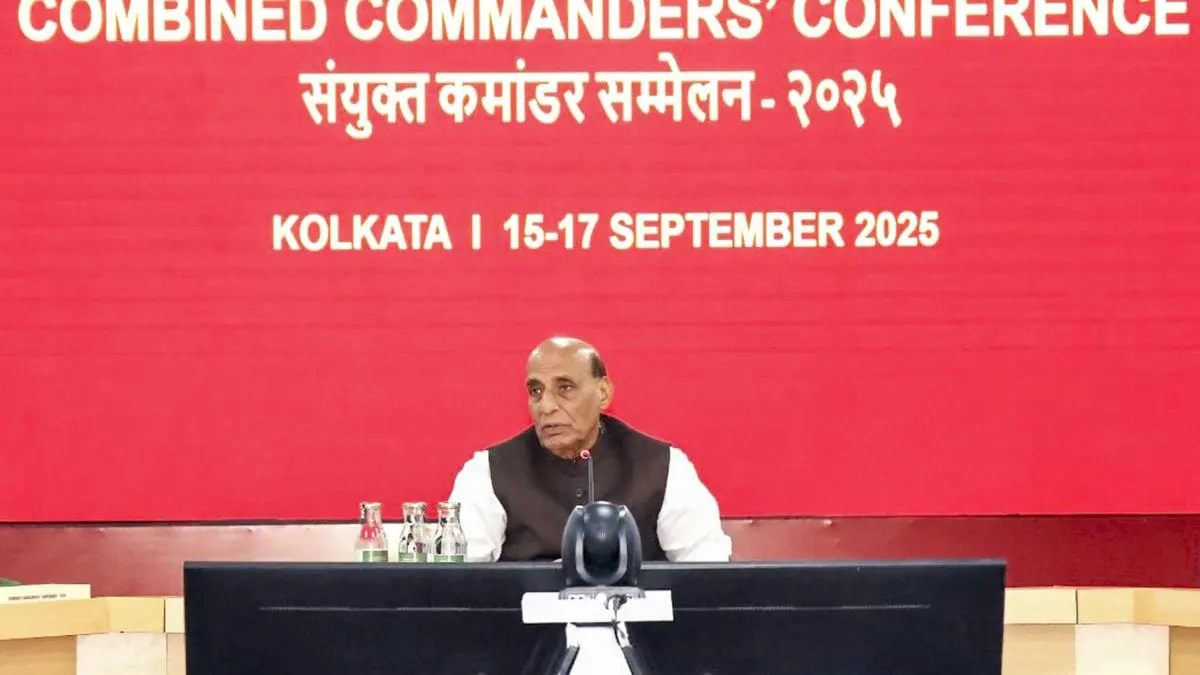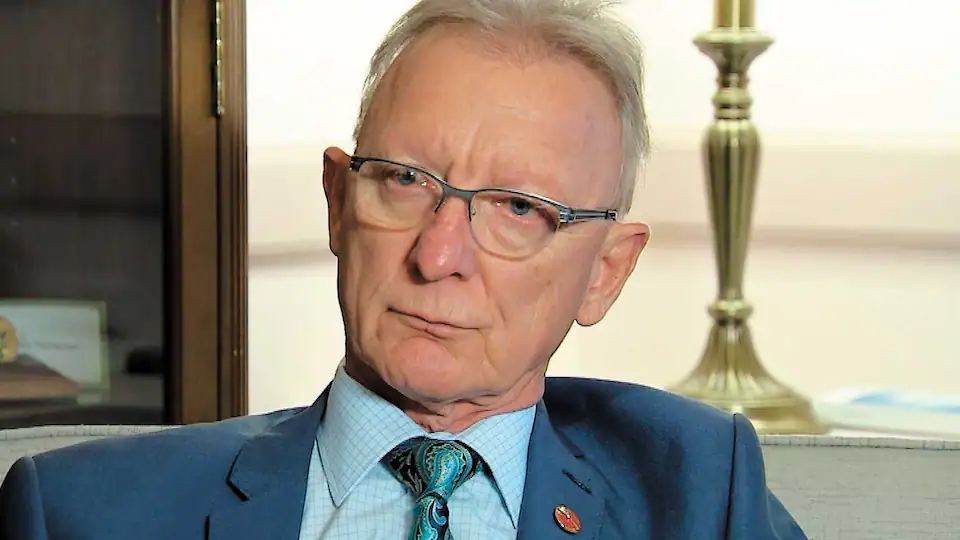By Anisha Sircar,Contributor
Copyright forbes

The TikTok application is seen on an iPhone 11 Pro max in this photo illustration in Warsaw, Poland on September 30, 2020.
NurPhoto via Getty Images
The latest developments in the TikTok saga mark another seismic shift in the app’s ownership and governance.
Under a new proposed agreement, U.S. investors including Oracle, Silver Lake Partners and media moguls Rupert and Lachlan Murdoch would collectively own 80% of TikTok’s U.S. operations, with ByteDance retaining a minority stake of 20% or less. The Murdochs, through Fox Corporation, are expected to be involved, potentially seeking a small stake in the venture. The U.S. government is also set to receive a multibillion-dollar fee as part of the deal.
A crucial aspect of the deal involves Oracle’s responsibility for overseeing and securing TikTok’s algorithm. The company will reportedly license the algorithm from ByteDance, retrain it using U.S. data, and ensure that all user data is stored on American servers. This arrangement seemingly aims to alleviate concerns about Chinese government influence over the platform’s content recommendation system.
The deal itself, though, is peppered with challenges. It requires approval from both U.S. and Chinese regulators, and while U.S. President Trump has indicated that Chinese President Xi Jinping has agreed to the framework, Beijing has yet to officially confirm its approval. Additionally, ByteDance is expected to lease the algorithm to the new U.S. entity, bringing to the fore several questions about the extent of control the firm will retain.
For TikTok’s more than 170 million U.S. users, the deal appears to promise continued access to the platform without major changes to the user experience. However, the retraining of the algorithm could lead to adjustments in content recommendations, potentially affecting content creators and advertisers.
“The details are really going to matter to understand whether this addresses the national security concerns that U.S. policymakers have been so vocal about,” according to Samm Sacks, legal research scholar and senior fellow at Yale Law School’s Paul Tsai China Center.
MORE FOR YOU
“Just having the data housed in the U.S. by a U.S. company or consortium of companies doesn’t exactly answer who has access to the data, under what conditions does it flow out of the U.S., same for the content. There are a lot of questions about who will be overseeing the recommendation algorithm, right? A license in and of itself doesn’t tell us about how certain content will be promoted.”
The deal may also introduce newer risks. The U.S. government’s involvement in algorithm management could lead to its own form of content manipulation, calling into question the lines between national security and free expression, cautioned The Electronic Frontier Foundation (EFF).
“If the concern had been that TikTok could be a conduit for Chinese government propaganda — a concern the Supreme Court declined to even consider — people can now be concerned that TikTok could be a conduit for U.S. government propaganda,” stated EFF’s David Greene and Eva Galperin in their statement.
The proposed TikTok deal is emblematic of a complex intersection of technology, national security, and global corporate interests. As negotiations and government wrangling continue, the outcome will hold key answers for users, digital governance and how content circulates on one of the world’s most popular social media platforms.
Editorial StandardsReprints & Permissions



